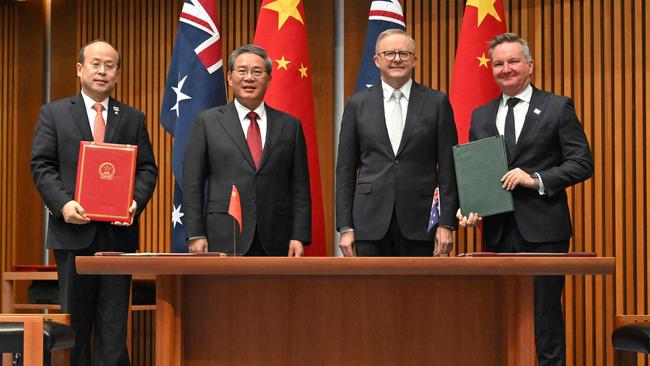
That is not to discount words. They matter because ideas move the mob that delivers the one thing all politicians crave: power. And it is wise to be alert to subtle shifts in rhetoric, as it often hints at impending changes in direction.
But words are wishes and deeds are concrete. Deeds show us what politicians really think.
This week words and deeds jarred in the domestic and foreign theatres of politics.
On occasion it was as if the spotlight fell on the prompt corner, as stage-whispered directions were rasped from the wings.
The arrival of Chinese Premier Li Qiang was a big deal and it is important Australia has a civil business relationship with its largest trading partner.
The Premier’s visit went largely to script. The theatre included pandas, a 19-gun salute and the always riveting signing of official documents. There was progress towards China unwinding all of the illegal trade sanctions it slapped on Australian goods and an agreement on reciprocal five-year visas.
The two leaders mouthed boilerplate enthusiasms about “engagement”, “ongoing dialogue” and being “on the right track”.
But all around were signs of buckled rails.
In the wings of the event, Australian officials were told to use burner phones for fear some in the touring party might use the opportunity to snaffle information. There was the pantomime of Chinese embassy staff trying to block journalist and former political prisoner Cheng Lei from being seen in the same frame as the Premier.
When Li left Canberra, a super delegation of seven Australian ministers flew to Port Moresby to try to woo Papua New Guinea back from the embrace of Beijing.
Australia’s deeds betrayed its words.
The trade show celebrates the “comprehensive strategic partnership”; the real show spotlights the deep distrust and fear of Beijing.
The Chinese deeds paraded the arrogance of a superpower. Any engagement will be on its terms and it expects Chinese Communist Party political culture to rule everywhere, including inside a foreign parliament.
One official echoed Voltaire’s critique of the Holy Roman Empire, saying the relationship between Canberra and Beijing was “neither comprehensive, nor strategic nor a partnership”.
As the dust settled on panda diplomacy, there was a meltdown on the home front when Peter Dutton declared the Liberals would push for nuclear power.
Labor sees this as a gift that opens multiple lines of attack. Australia’s long-held fear of nuclear power can be leveraged, as can the chance to cast the declaration as a new iteration of climate change denial. Then there is the reality that nuclear power is a long-term fix and a highly expensive and hotly contested technology.
What to make of the Opposition Leader’s deeds? They show he has one shot in the locker. He is prepared to risk losing badly in the hope of an unlikely win.
The risks have been debated behind the scenes with many urging a more cautious approach. There is a risk all the teal seats will hold and that the few remaining city Liberals will fall. If the debate in the seats where the notional power plants are slated to be sited goes badly, then MPs may well get the wobbles and jump ship. Then there is the fact Labor state governments and Liberal oppositions have united to reject the idea.
Everything has been put on the black.
For the government this debate is a godsend because it comes with the bonus of distracting from its immediate problem, that the transition of the electricity grid to weather-dependent generation is beset with delays and costs are rising. As the gap between demand and supply narrowed in the cold, still night this week, generation reserves fell to a dangerously low level and wholesale prices surged, a sign the system was straining.
The government attack was immediate and furious. It was joined by several allies. Jim Chalmers called it the “dumbest policy ever put forward by a major political party”. There was much talk of great expense and long delays.
But consider Labor’s deeds. The Albanese government is all-in on nuclear-powered submarines. To host them it will have to develop nuclear safety standards, conduct environmental impact assessments, develop a waste disposal plan and train nuclear scientists. The subs will sometimes be parked in Sydney Harbour.
The expected cost is about $368bn and the delivery date is sometime before 2040. Both numbers inevitably will blow out.
Labor also has yet to detail the total system cost of its electricity transition, with one estimate by Net Zero Australia putting the cost by 2030 at $1.7 trillion. So, both plans are expensive and uncosted.
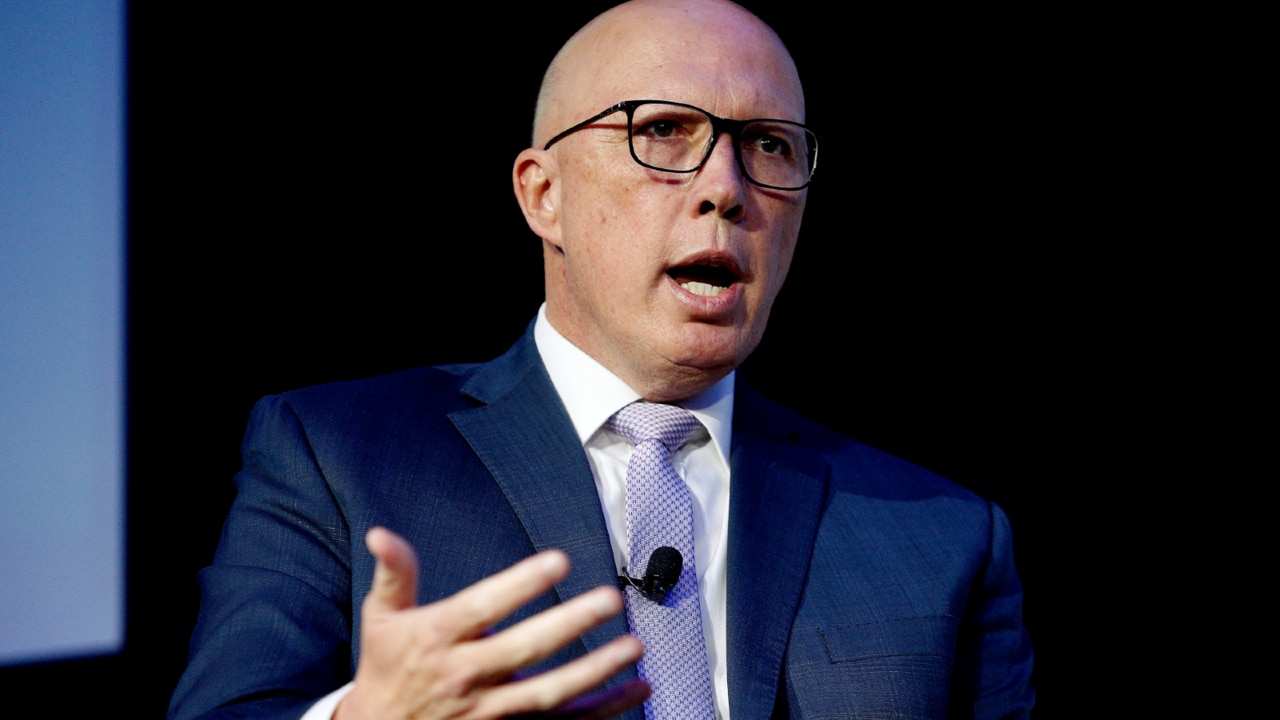
Neither Labor nor the Coalition will be able to cut retail power bills in the near term. If putting more weather-dependent generation actually cut power bills the government wouldn’t be signing $300 cheques for every household in the land. Labor’s cheaper power pledge is being disproved in real time and voters can measure it against their bills. Backbenchers should ponder the damage this Greenwishing™ is doing.
In attacking the call to go nuclear, Climate Change and Energy Minister Chris Bowen referenced China, saying its carbon emissions would peak in 2025 and noting it was installing more renewable energy than any other nation.
It is true, China has a massive amount of wind and solar. By the end of last year its national installed capacity reached 52.4 per cent of total generation.
The only problem is, it so rarely generates. Look at the energy China consumes and the renewable numbers collapse. Wind covered 9 per cent and solar a miserly 3 per cent of China’s electricity consumption last year. By comparison, coal and gas have an installed capacity of 47 per cent of generation and delivered on 70 per cent of demand.
China has 1142 coal-fired power plants. Last year it was permitting new ones at a rate of two a week. There are 306 plants under construction or permitted for construction. This makes it highly unlikely its emissions are about to peak, no matter who claims it. Saying it does not make it so.
And what is China doing on nuclear? It has 55 nuclear power plants and 23 reactors are being built. It plans to build at least 150 more in the next 15 years. It had some costly early experiences but can now build a 1000-megawatt reactor in four years for $4.5bn.
China says it is building its grid around renewable energy. It isn’t. Maybe it is time to consider doing what China does.


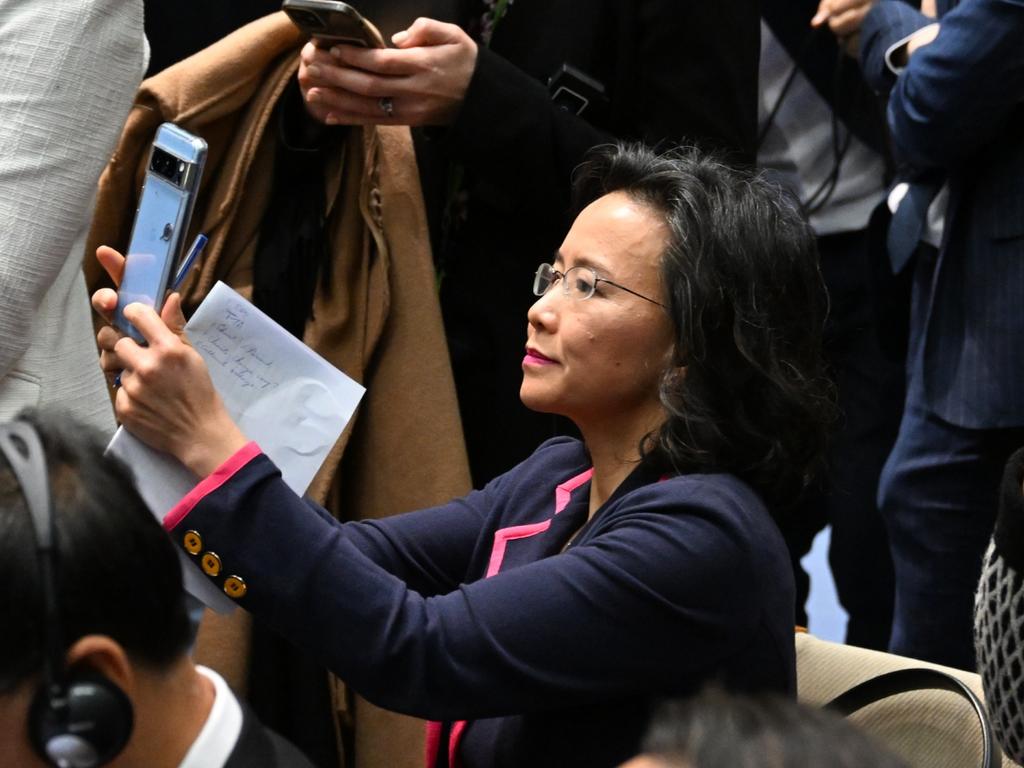
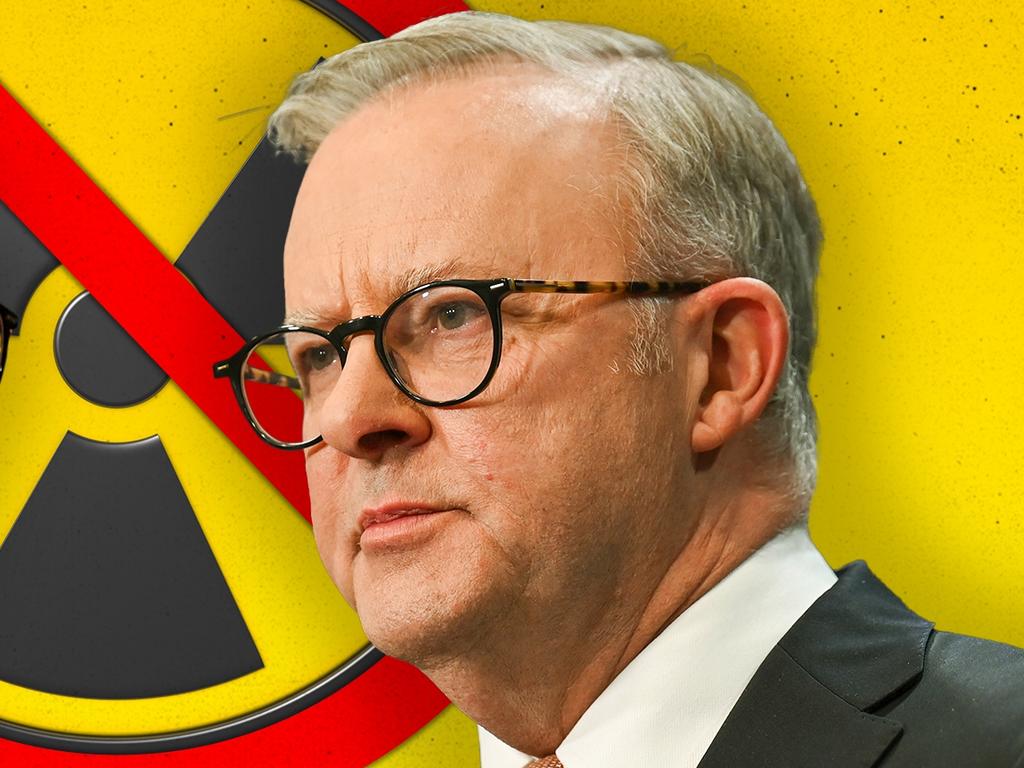
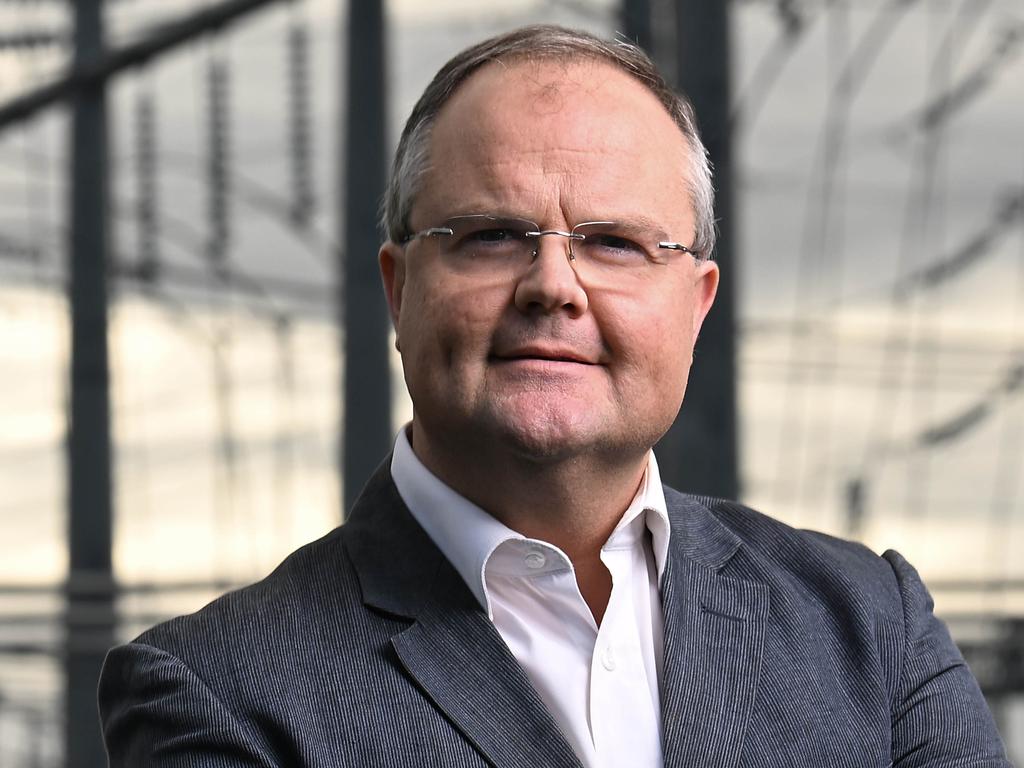
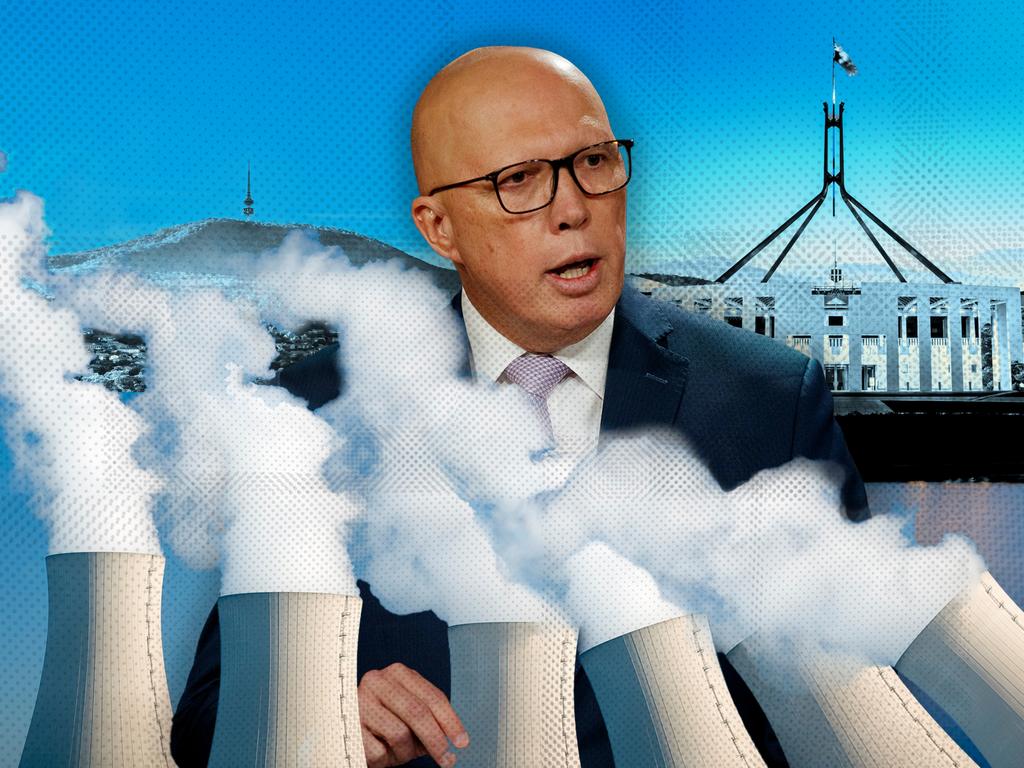
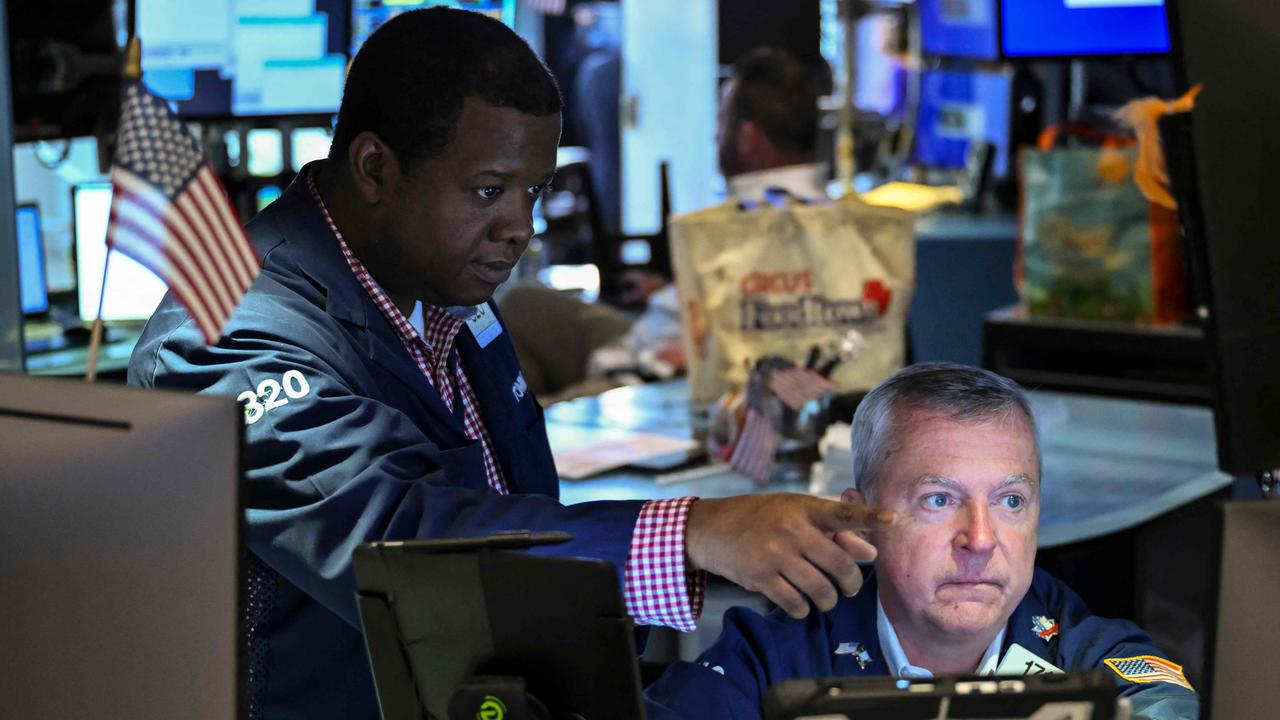
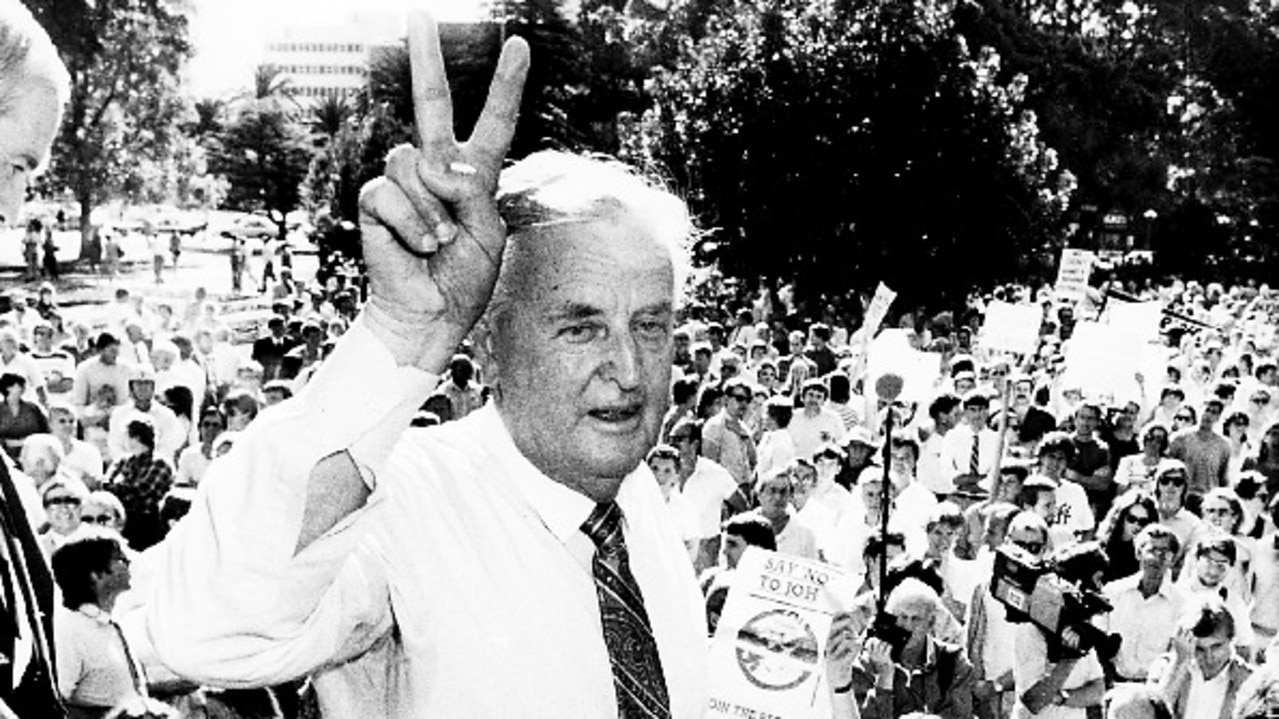
If there is an iron law of politics it is that you should judge leaders by what they do, not what they say.